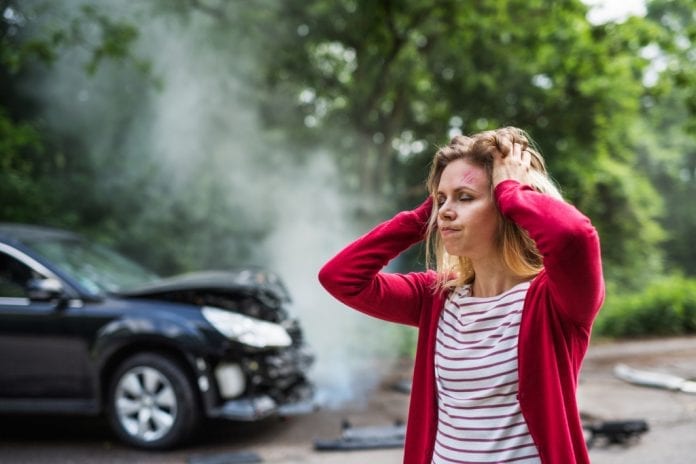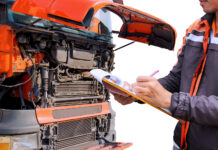There are many causes of single-car accidents, and in some cases, an accident involving only one vehicle can be deadly.
There are criminal causes. For example, driving under the influence of drugs or alcohol can lead to a single-car crash. An accident involving drugs or alcohol can have serious legal implications.
For example, according to Rose Legal Services, based in St. Louis, you may have your vehicle impounded, pay significant fines, or even get a jail sentence.
While drinking and driving is one reason for single-car accidents, there are many others.
We often think about the risks of the roadways as being associated more with other drivers, but sometimes it’s your own behavior behind the wheel that’s putting you and your passengers most at risk.
More than half of all traffic deaths throughout the country happen in single-car accidents.
A single-vehicle accident is when damage is caused to just one vehicle. For example, even though another driver could have contributed to the circumstances surrounding the accident, if it’s just one vehicle affected, it’s a single vehicle.
If someone pulls out in front of you, you swerve and then hit a tree, it’s single-vehicle.
Common Causes of Single-Vehicle Accidents
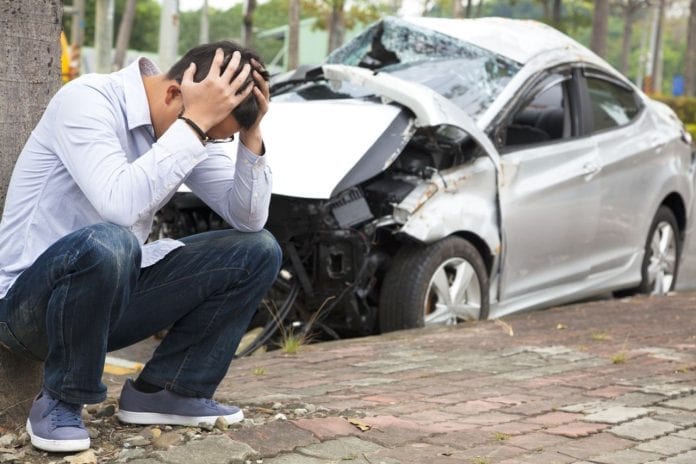
Being under the influence is one of the main causes of single-car accidents, as was touched on above.
If you’re under the influence, you’re more likely to swerve, speed or lose control than a sober driver.
Other common causes of accidents involving only one car include:
• Speeding: If you’re speeding, it makes it more likely you could lose control of your vehicle, especially in certain weather conditions such as rain or snow. Speeding puts you at a higher risk of running into not only other cars but also objects or people. You’re at a higher risk of being in a rollover accident, and the NHTSA says 85% of rollovers involve just one vehicle.
• Distracted driving: This doesn’t just have to mean that you’re on your phone. Distracted driving can stem from other factors, too like eating while you’re driving or adjusting your music. If you’re distracted behind the wheel, you’re more likely to drift off the road.
• Going off the road: You may go off the road to avoid something in your path, but you could end up losing control and hitting something like a guardrail. Swerving to miss an animal is common and it’s a natural reaction, but it’s also unfortunately dangerous. It’s safer to hit an animal as opposed to swerving. If you do hit an animal, it’s a comprehensive claim. However, if you swerve to miss an animal and end up hitting something like a tree, that would be considered an at-fault accident.
• Sun glare: Sun glare can be an especially difficult problem to deal with at dusk and dawn, but you’re still in charge of your vehicle at all times. You can still be found at-fault for an accident even if you say sun glare caused it.
Other single-accident causes include drowsy driving, bad weather, and flying objects.
While flying objects can technically be considered a single-car accident, it’s one of the few situations where it wouldn’t be considered at-fault in terms of the insurance.
For example, if a rock or tree branch hits your car while you’re driving, that would be a comprehensive claim.
What Should You Do If You’re in a Single-Car Accident?
When you’re in a crash with another driver, you typically know what to do. You’ll call law enforcement and exchange insurance and contact information.
What if you’re in a single-car accident?
First, you need to assess whether or not you’re hurt. If you think you are, contact 911.
If you’re able, you’ll need to see if you can move your vehicle out of oncoming traffic. If you can’t, turn on your hazard lights and use flares and walk to somewhere safer.
You also need to call the police even for a single-vehicle crash.
They need a record of what happened. You’re going to have to serve as your own witness, so note the time of day of your accident, your speed, and hazardous road conditions or anything else that was happening leading up to your accident.
Who’s Liable in a Single-Vehicle Accident?
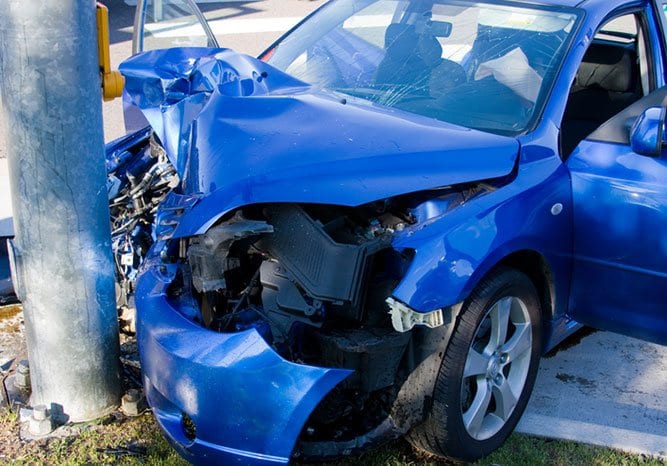
If you’re in a single-vehicle accident like a rollover or you hit a tree, animal, guardrail, or something similar, your collision coverage should pay for your car damage. With that being said, you will likely be considered at-fault, so your premiums are probably going to be higher.
If you have injuries requiring medical care and you have a personal injury project (PIP), it may cover some of your medical costs.
If you had a passenger in your vehicle at the time of the accident, that person could make a claim against your insurance policy as the driver, even if you’re family members.
You can be found liable in a single-vehicle accident if your actions caused the crash.
As an example, if you’re speeding and you lose control, you’re liable.
If you don’t have insurance coverage for your accident, then you’ll have to pay your own medical bills and losses.
As an accident victim in most states, you can only recover from others if the other was the cause of your injury.
With all that being said, you shouldn’t assume you’re at-fault just because you’re in a single-vehicle accident.
There are situations where you may not be at fault, and you might have to talk to a lawyer about this.
Outside of insurance issues and the potential that you would have to pay for your damages and medical expenses, in some cases with a single-vehicle accident, you could receive a citation or face criminal charges. For example, driving under the influence or reckless driving could mean criminal traffic charges.
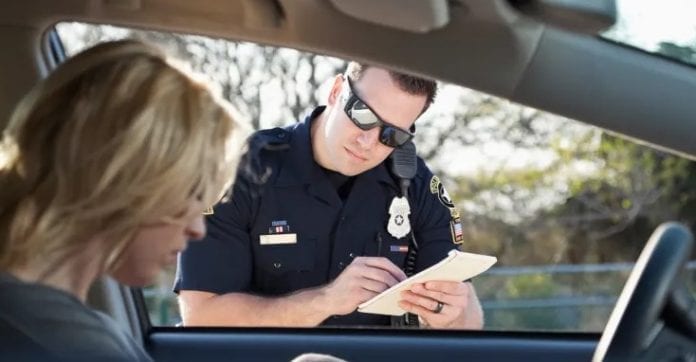
In these cases, you always need to speak to an experienced attorney.
Overall, single-vehicle crashes are very common, and while there are some situations you might not be able to control there are others that you can to reduce your risk of being in an accident.
